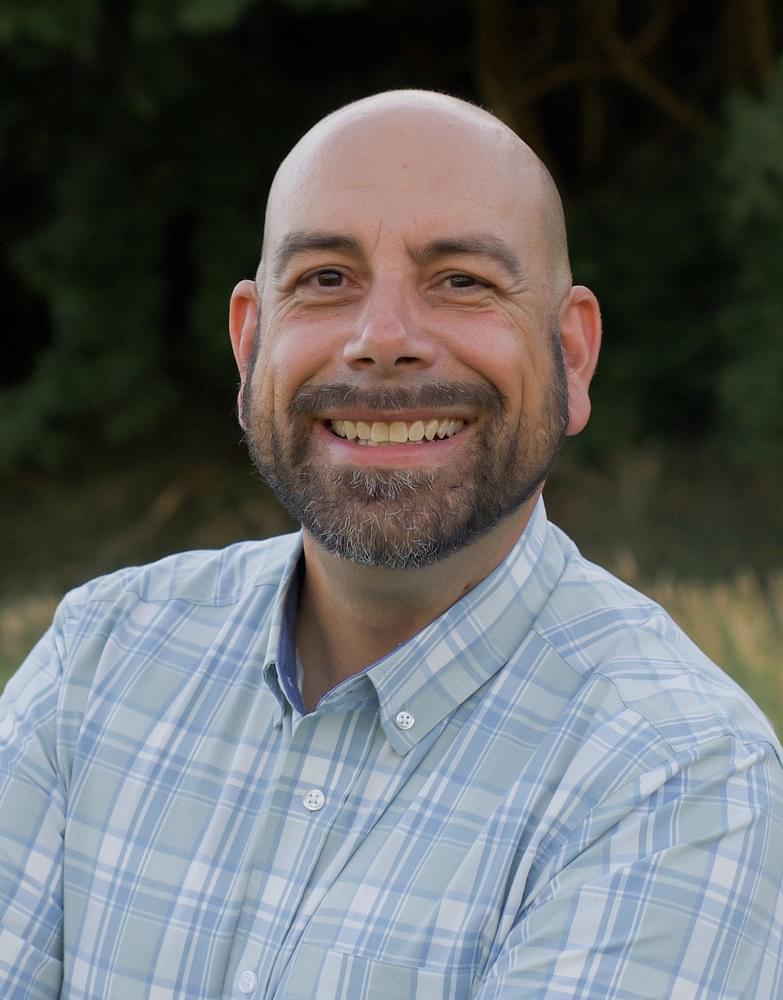Biography

Ammon Campbell
Dr. Ammon S. Campbell, EdD, SPHR, brings over 25 years of leadership in education, military service, and organizational development. He has served as a charter school administrator, university professor, and U.S. Army Reserve Colonel, leading strategic initiatives in school improvement, curriculum, accreditation, and leadership training. With advanced degrees in education, management, and counseling, and certifications in HR and behavioral health, Dr. Campbell blends academic rigor with practical experience. A national presenter and advisor, he is committed to building strong cultures, empowering teams, and leading change through integrity, service, and a people-centered approach.
Why do you want to serve on the UAPCS Board?
I deeply believe in the mission of the Utah Association of Public Charter Schools (UAPCS). I personally have benefited from UAPCS which in turn has led to improved support to faculty, students and families. I think charter schools are agile options that offer critical opportunities for innovation, responsiveness, and equity in education. Serving on the Board would allow me to contribute strategically to ensuring that charter schools are supported, well-governed, and so they continue to deliver high quality education to all students regardless of zip code.
What specific skills and knowledge can you bring to the board?
Servant Leadership experience deeply rooted in my service experiences throughout many facets of our citizenry. American Red Cross disaster response volunteer, leader experience as an US Army officer, church and community service along with several decades serving as faculty and administrator in Higher Education and K -12.
Outlined below are crucial skills to effective board contribution and governance; I have functional experience and knowledge in each outlined below.
An understanding of good board practice — accountability, fiduciary responsibility, strategic planning.
A knowledge of how state funding, legislation, and authorization processes affect charter schools (the WPU, authorizer policies, reporting requirements). In order to appropriately advocate.
Experience in designing or implementing training programs or mentorship, which aligns with a program for leadership development.
The ability to work across different stakeholders (schools, state agencies, community groups) to foster innovation, remove redundancies, and push for fair and efficient systems.
Data-driven decision making: Using metrics to assess performance, student achievement, fiscal health, governance.
Please share your prior governing board experience.
While I have not yet served as a volunteer on a charter school governing board, I have worked closely with our charter board over the past 8 years and I have served on a variety of advisory boards, committees and planning groups.
- Member, Northern Utah Education Services board, - present
- Leader, Utah School Trust Land Committee, North Davis Preparatory Academy
- Member, American Mental Health Counselors Association, Military Service Support Committee
- Member, Program Advising Committee, Independence University Online
- Member, Accreditation Committee, North Davis Preparatory Academy
- Leader, North Davis Preparatory Academy, Capital Improvement School Renovation Committee
- Member, U.S. Military Academy, Utah Congressional District 1 Applicant Liaison Committee
- Member, Senator Orin Hatch, US Military Academy Applicant Review Committee
- Accreditation Committee, North Davis Preparatory Academy
- Leader, Educator Professional Development Committee, North Davis Preparatory Academy Schools
- Member, Century Link STEM Grant Evaluation Committee, Utah State Board of Education
- Member, Student Cultural Enhanced Experience Committee at Utah State University
Where do you hope to see the Charter School movement in the next five years?
Currently in my 11th year of service within a Utah Charter school. I want to see the following objectives solidified and achieved.
Streamlined authorization and regulatory processes to reduce unnecessary burdens, but still maintain accountability and quality.
Continued innovations in curriculum, instruction, and delivery especially for underserved or rural communities, including perhaps blended/online/hybrid models.
Growth in leadership pipelines, meaning more well-trained charter school administrators, board members, and teachers, especially from diverse backgrounds.
Constructive partnerships between charter schools, traditional districts, state education agencies, and communities to share best practices, resources, and ensure schools are responsive to the needs of their students.


